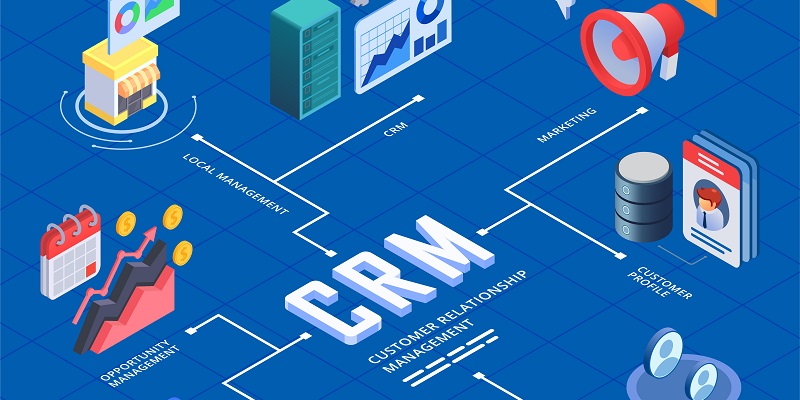In today’s fast-paced and technologically advanced business landscape, the relationship between businesses and their customers is constantly evolving. With the rise of the empowered customer who has access to unlimited information through various media channels, it has become essential for businesses to maintain a healthy and ongoing relationship with their clients. This is where Customer Relationship Management (CRM) solutions play a crucial role. In this article, we will explore the objectives of CRM, the importance of mapping the customer journey, utilizing CRM software for personalization, strategies for converting interest into purchase, identifying valuable customers, creating loyalty programs, seeing customers beyond revenue, and finally, improving service execution through CRM dashboards.
The objective of CRM is to enhance customer retention. By implementing a CRM solution, businesses can effectively manage their interactions and relationships with their customers, thus increasing customer satisfaction and loyalty. CRM allows businesses to streamline their processes and gain valuable insights into each customer’s unique needs and preferences.
Mapping the Customer Journey
To truly understand and cater to the customer experience, it is essential to map their journey from the initial contact to long-term relationship. By identifying the key touchpoints and milestones along this journey, businesses can optimize their interactions at each stage. This involves nurturing customer awareness, engaging them to make a purchase, and ultimately fostering a long-term relationship through post-purchase involvement.
Utilizing CRM Software for Personalization
One of the most powerful benefits of CRM software is the ability to gather data on customer media consumption and purchase history. By analyzing this data, businesses can identify patterns and preferences, allowing them to tailor personalized offers and recommendations to each individual customer. This level of personalization adds relevance to the customer experience, increasing the chances of a successful conversion.
Converting Interest into Purchase
Converting customer interest into an actual purchase is the main goal for businesses. Through CRM software, businesses can identify potential barriers to purchase and devise strategies to overcome them. Offering discounts, incentives, and personalized offers can add value to the customer experience, encouraging them to complete a purchase.
Identifying Valuable Customers
CRM software provides businesses with valuable insights into the diverse levels of customer engagement. By analyzing customer data, businesses can identify which accounts are responsible for generating the most revenue. Armed with this information, businesses can develop loyalty programs that reward and incentivize these valuable customers, further strengthening the relationship and encouraging repeat business.
Creating Loyalty Programs
Loyalty programs are a crucial aspect of customer retention strategies. With CRM insights, businesses can identify their most valuable customers and design loyalty programs tailored to their preferences and needs. These programs not only reward loyal customers but also provide additional incentives for them to continue engaging with the business.
Seeing Customers Beyond Revenue
While revenue is an important metric, building strong customer relationships requires looking beyond financial transactions. CRM software helps businesses see their customers as individuals beyond just the revenue they generate. It allows businesses to understand their preferences, needs, and pain points, enabling them to offer a more personalized and meaningful experience.
Improving Service Execution
CRM is not only about managing customer relationships but also about improving the overall service execution. By utilizing CRM dashboards, businesses can review service performance, identify areas for improvement, and make data-driven decisions. Constantly striving for excellence in service execution enhances the overall customer experience and strengthens the relationship.
In today’s evolving business landscape, maintaining strong customer relationships is crucial for success. CRM solutions provide businesses with the tools necessary to enhance customer retention, personalize the customer experience, convert interest into purchase, and identify valuable customers. By creating loyalty programs, businesses can reward and incentivize their most loyal customers, fostering long-term relationships. CRM software also allows businesses to see customers beyond just the revenue they generate, strengthening the emotional connection. Finally, by reviewing service execution through CRM dashboards, businesses can continually improve their processes and deliver exceptional customer experiences. In this customer-centric era, embracing CRM is essential for businesses that want to thrive and stay ahead of the competition.

